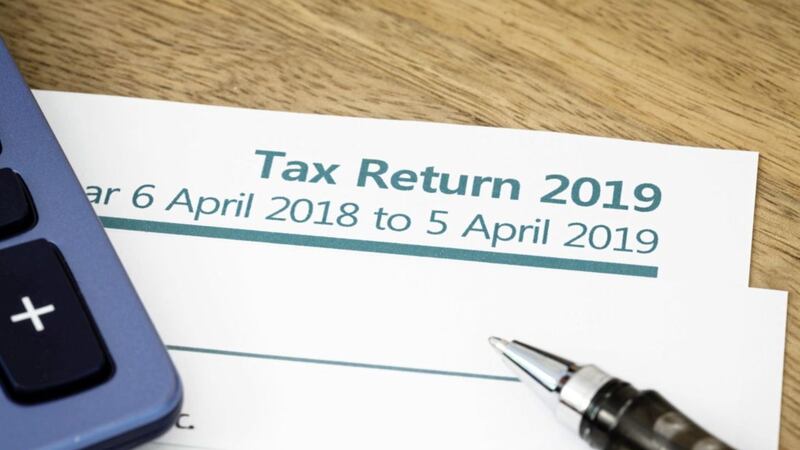QUESTION: With the tax year end fast approaching, is there any last minute tax planning I should be considering?
ANSWER: With just three weeks to go to April 5, there is still time to undertake income and capital gains tax (CGT) planning to avail of any reliefs still unused.
Individuals are entitled to a personal allowance of £12,500 and basic rate band income taxable at 20 per cent of up to £37,500. This means that it is not until income exceeds £50,000 that the 40 per cent rate of income tax will apply, and once income exceeds £150,000 the 45 per cent rate of income tax will apply. When an individual’s income exceeds £100,000 the personal allowance is reduced by £1 for every £2 over £100,000 and taxpayers can be subjected to a 60 per cent tax rate on the phased removal of the personal allowance.
Another important factor to consider is that while child benefit is not taxable, a high-income charge applies where a recipient or their partner has adjusted net income in excess of £50,000. ‘Adjusted net income’ means total taxable income after deducting reliefs (including personal pension contributions and Gift Aid donations) but before deducting allowances. HMRC will require you to pay back 1 per cent of your family’s child benefit for every extra £100 you earn over £50,000 each year. Where the income is £60,000 or more, all the child benefit must be paid back.
An individual is entitled to make pension contributions of the lower of £40,000 and 100 per cent of their relevant earnings. If an individual has any unused pension allowance from the previous 3 years, this can also be utilised in the current tax year.
It is important to note that if an individual’s income exceeds £150,000 then the pension allowance will be reduced.
In tax year 2019/20, the maximum you can invest in individual savings accounts (ISAs) is £20,000. As the income which arises on ISA investments is exempt from income tax and any capital gains are exempt from CGT, ISA investments are a very efficient way to make savings.
There are also a number of other Government-approved tax efficient investments, which include National Savings, the Enterprise Investment Scheme, Seed Enterprise Investment Scheme and the Venture Capital Trusts scheme. Several conditions must be met for relief to be available under the above schemes and you should seek professional advice before considering making any investments.
The capital gains annual exemption is currently £12,000 and if unused it cannot be carried forward. Investors may consider “bed and breakfasting” shareholdings to effectively rebase the cost going forward subject to CGT bed and breakfasting rules.
There is currently a 0 per cent band for dividends which amounts to £2,000 and shareholders, particularly in family companies, should consider maximising this relief before the end of the tax year.
Another pre year end tax planning opportunity for married couples is to put assets in joint name prior to sale: spouses and civil partners can transfer assets between them at a value that gives rise to neither a gain nor a loss. This can be useful prior to selling an asset which will realise a gain in order to take advantage of both partners’ annual exempt amount for capital gains tax purposes.
Also, many parents should consider making gifts for inheritance tax purposes. Individuals have an annual exemption for inheritance tax of £3,000, allowing them to make gifts free of inheritance tax each year. Where the allowance is not used, it can be carried forward to the next year, but is then lost.
Finally, many sole traders and partnerships have a March 31 year end and businesses with significant business profits which are exposed to the highest rates of income tax and national insurance should consider incorporating their business given the current future corporation tax rate of 19 per cent.
:: Malachy McLernon (m.mclernon@pkffpm.com) is a director of PKF-FPM (www.pkffpm. com). The advice in this column is specific to the facts surrounding the question posed. Neither the Irish News nor contributors accept any liability for any direct or indirect loss arising from any reliance placed on replies.








